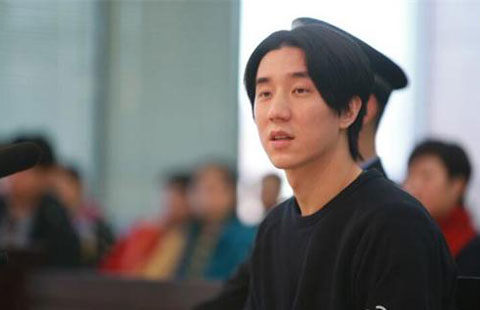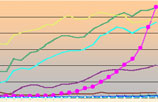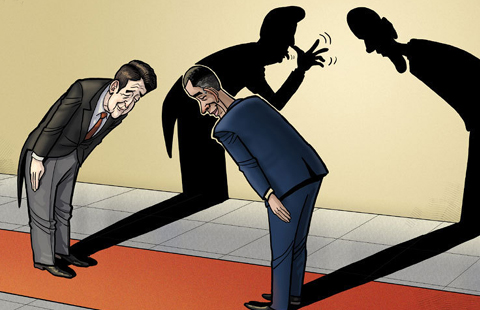新型户籍制度 (xin xing hu ji zhi du): New household registration system
(China Daily) Updated: 2013-12-20 07:10The Third Plenary Session of the 18th Communist Party of China Central Committee vowed to reform the hukou (household registration) system, and the Ministry of Public Security said earlier this week it had already drafted a road map for the purpose.
Huang Ming, vice-minister of public security, said the government would establish a new hukou system by 2020, for which it has to remove the vested interests associated with the current hukou system.
The reform will focus mainly on three aspects: gradually establishing a system that treats urban and rural residents equally and promotes the integration of urban and rural areas; boosting public service based on people's place of residence; and building a basic information database that supports social mobility and cross-regional management.
Huang said this round of reforms is aimed at helping migrant workers get legal registration in cities and attracting more people to urban areas. It will, however, be a big challenge to provide the country's 160 million migrant workers with the same public services, including education, medical treatment and social security, that urban residents get.
The hukou system was implemented in 1958 to prevent rural residents from flocking to cities in search of food and lievelihood and to bar urban residents from usurping farmers' land. But that was a different time, a time of scarcity. Since there is no such fear today, the hukou system needs to be changed. In fact, some local governments have already initiated partial reforms in the system.
(China Daily 12/20/2013 page9)











